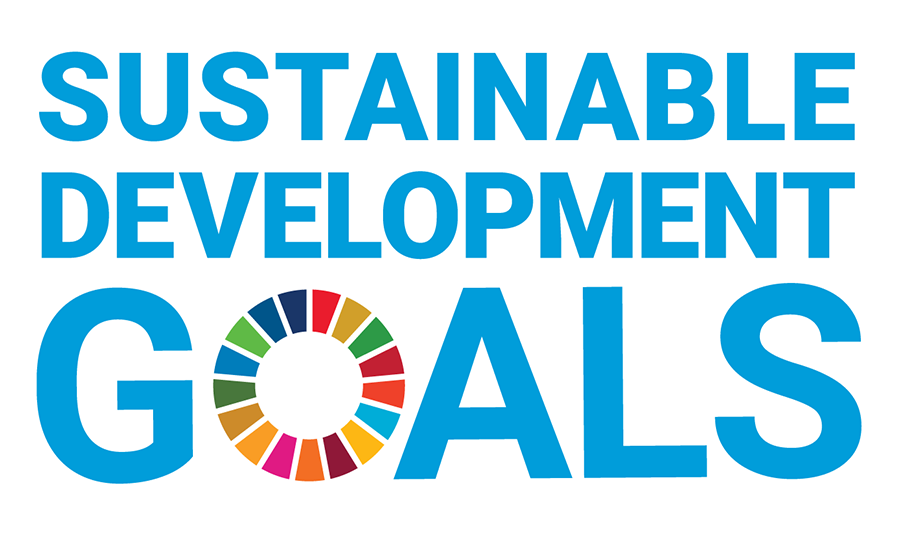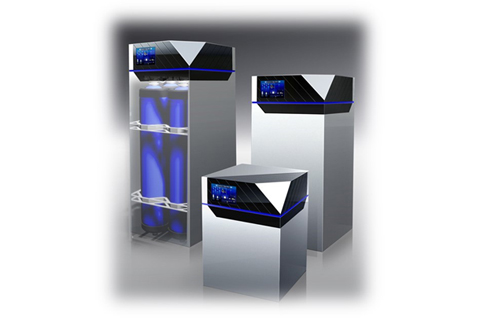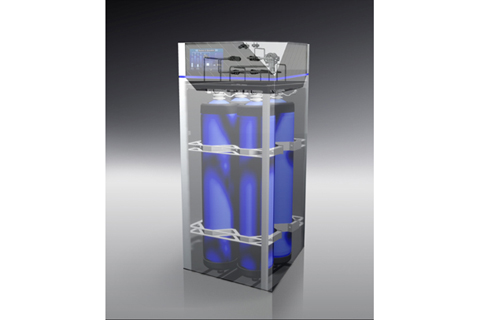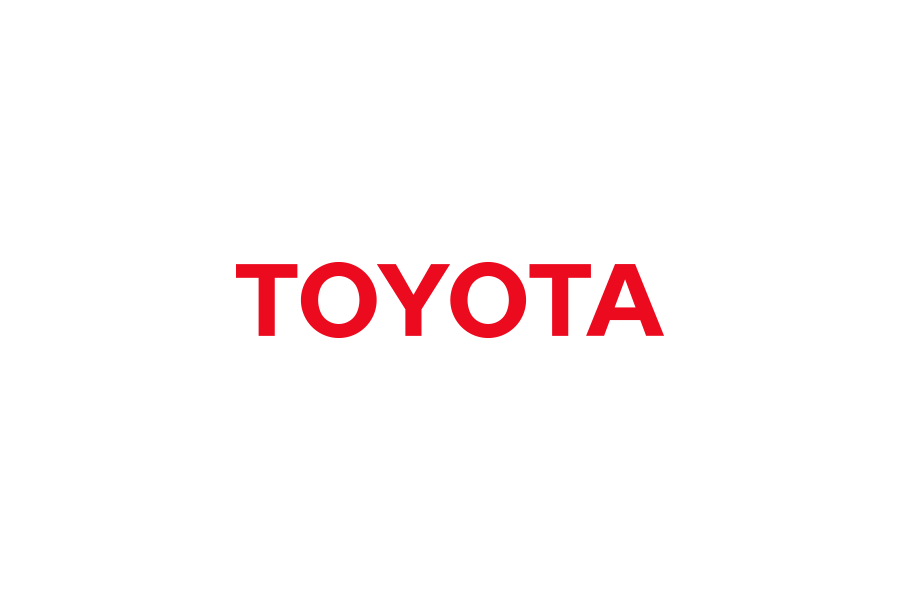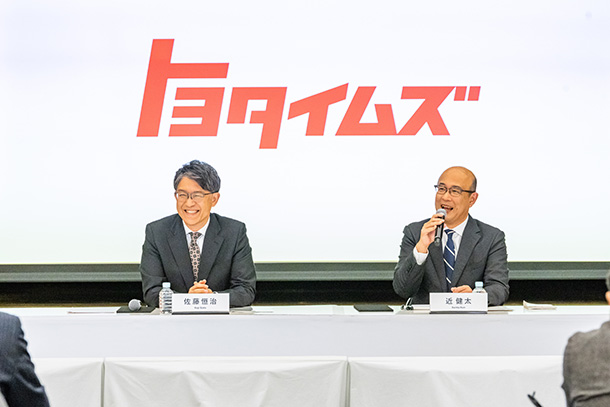Mar. 15, 2022
Toyota Develops Storage Module Utilizing Resin High-Pressure Hydrogen Tanks- Conceptual model exhibited at 18th FC Expo (International Hydrogen & Fuel Cell Expo)
- Verification of hydrogen transport to continue this year for Super Taikyu Series, including this concept
Toyota City, Japan, March 15, 2022―Toyota Motor Corporation (Toyota) announced today that it has developed a hydrogen storage module that integrates multiple resin high-pressure hydrogen tanks at 70 MPa for automobiles―already proven in the "Mirai" fuel cell vehicle (FCEV)―and safety devices such as a hydrogen detector and an automatic shut-off switch. Toyota will be exhibiting a conceptual model of this module at the FC Expo (International Hydrogen & Fuel Cell Expo) held at Tokyo Big Sight (Koto-ku, Tokyo) from March 16 to 18.
In connection to this module development, Toyota will also continue with verification of transport safety and hydrogen storage quantity utilizing the agile development site of a race, etc. in the same way as last year. This year as well, verification will start with the Super Taikyu Race in Suzuka, to be held from March 19 to 20.
Background of module development
Toyota has been working on initiatives toward realizing a hydrogen-based society, such as the sale of FCEVs and FC systems. As part of this, the 70 MPa resin high-pressure hydrogen tank developed for automobiles is now the subject of numerous requests from those who would like to use it in railways, shipping, and port cargo handling, as well as FC generators. However, using the same tanks in various fields requires meeting different safety standards and adjusting to each environment. For this reason, they are not currently used for a wide range of purposes. The government is working on a range of studies to promote the early adoption of hydrogen while ensuring safety, and Toyota and its business partners are ready to offer cooperation and support. Toyota developed this hydrogen storage module as a way to answer these demands and expand the use of hydrogen.
Initiatives to promote the use of high-pressure hydrogen tanks
Starting last year, Toyota has been carrying out repeated verification testing with its business partners throughout the whole phases of producing, transporting, and using at the Super Taikyu Series venue, a place for agile development that embodies the idea of "making ever-better motorsports-bred cars." This is also connected to the development of this conceptual model. This year too, starting with the Super Taikyu Race in Suzuka (March 19 to 20), Toyota will be working on connecting with new business partners and carrying out verification testing with the idea of expanding hydrogen use even further.
This race will be used to verify the transport of large amounts of hydrogen by an FC truck that will carry resin high-pressure hydrogen tanks for automobiles with large volumes (2 sets of 16-tank packages) filled at 45 MPa.
This verification will be implemented upon the certification of the vessels by the Ministry of Economy, Trade, and Industry, and is an initiative that will also contribute to the studies being carried out by the Ministry of Land, Infrastructure, Transport, and Tourism for encouraging the use of hydrogen. In keeping pace with studies by the government, Toyota will continue to use opportunities such as the Super Taikyu races to verify its capabilities in utilizing the 70 MPa which is certified only for use in automobiles.
Illustration of the hydrogen storage module conceptual model
| * | For further details, refer to the link. https://www.toyota.co.jp/fuelcells/en/index.html |
|---|
Features of the hydrogen storage module conceptual model
In addition to the three variations of hydrogen capacity based on the resin high-pressure hydrogen tank used in the Mirai, large modules that use tanks with enlarged capacities are also included in the lineup.
Feature 1Storing and transporting hydrogen
The module unit, which packages safety-assured resin hydrogen tanks for use in automobiles, is integrated with various safety devices that automatically monitor operation status to ensure the module is extremely safe. As storing and transporting hydrogen more safely and efficiently can be done through high-capacity hydrogen loads, it is possible to use hydrogen-based energy in a range of locations where hydrogen filling is difficult, such as ports or mountain areas.
Feature 2Using hydrogen
When using hydrogen as a fuel for FC products, in combination with the FC system module released by Toyota in March 2021, allows safe and easy use in a range of fields, including mobility such as trains and ships in addition to trucks and buses, port cargo handling, and FC generators.
"Achieving zero, and adding new value beyond it"
As part of efforts to pass our beautiful "Home Planet" to the next generation, Toyota has identified and is helping to solve issues faced by individuals and overall society, which Toyota calls "Achieving Zero," hoping to help reduce the negative impacts caused by these issues to people and the environment to zero. Additionally, Toyota is also looking "Beyond Zero" to create and provide greater value by continuing to diligently seek ways to improve lives and society for the future.
- About Beyond Zero
- https://global.toyota/en/mobility/beyond-zero/
Toyota Motor Corporation works to develop and manufacture innovative, safe and high-quality products and services that create happiness by providing mobility for all. We believe that true achievement comes from supporting our customers, partners, employees, and the communities in which we operate. Since our founding over 80 years ago in 1937, we have applied our Guiding Principles in pursuit of a safer, greener and more inclusive society. Today, as we transform into a mobility company developing connected, automated, shared and electrified technologies, we also remain true to our Guiding Principles and many of the United Nations' Sustainable Development Goals to help realize an ever-better world, where everyone is free to move.
- SDGs Initiatives
- https://global.toyota/en/sustainability/sdgs/



